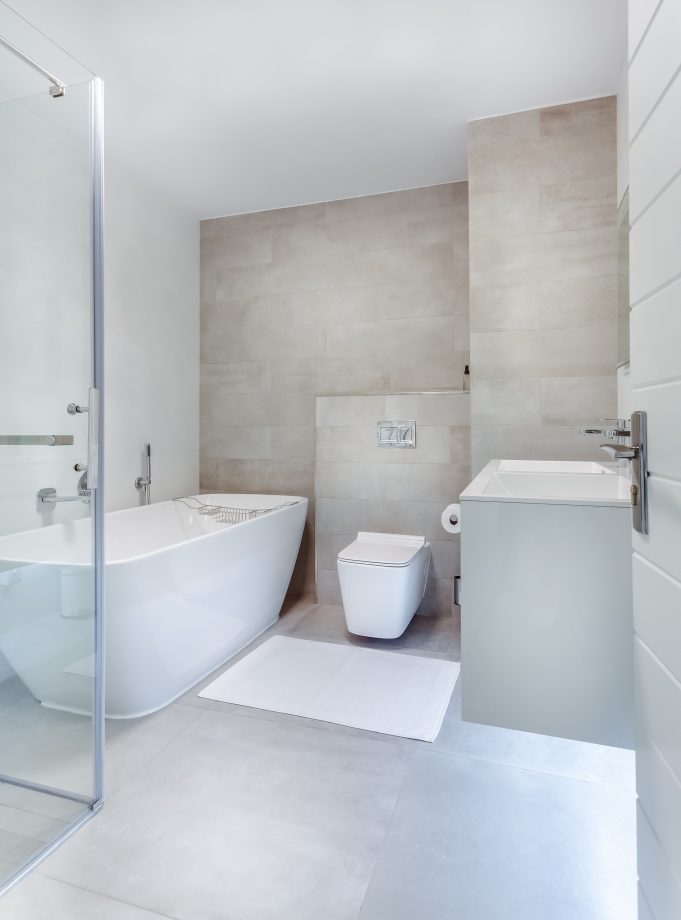Sustainability has become a key concern for consumers over the past twenty years or so. Slowly but surely, we’ve learned to factor in the environmental impact of our purchases before we part with any cash. Yes, we still want our goods to cost as little as possible, but we also want to know that they are:
- Energy efficient
- Long lasting
- Sustainably sourced
- Recyclable
All sorts of household goods are now judged against the criteria above. For example, the rise of deforestation as a hot-button issue has had a visible impact on the flooring industry; wood floor suppliers now go out of their way to demonstrate their green credentials, and many homeowners have turned to eco-friendly alternatives like bamboo (which grows back faster than trees can).
Where do porcelain tiles fit into this picture?
Porcelain tiles are enormously popular right now. Porcelain is a low-maintenance, easy-to-clean material that’s suitable for both indoor and outdoor use, and because it’s less porous than natural stone, tiles made of porcelain never have to be sealed.
But here’s the key question: are they environmentally friendly? Can you, as an eco-conscious homeowner, tile your kitchen in porcelain while keeping your carbon footprint nice and small?
Well, it depends on who you buy from, but generally speaking, yes you can. As an example, here’s how PrimaPorcelain—one of the UK’s leading porcelain tile and paving suppliers—keep their operation as sustainable as possible:
- All products meet EU Ecolabel criteria
- Raw materials are sourced from locations that are reasonably close to the production site using methods that have a minimal environmental impact
- Measures are taken to save energy and water wherever possible during the manufacturing process
- Porcelain tiles and paving slabs come with advice on how to use them in an eco-friendly way














